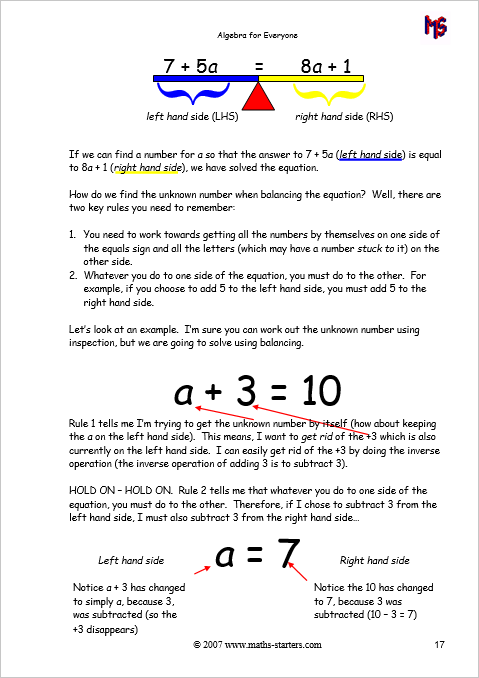As a teenager growing up with the BBC Micro in the mid-1980s, I soon became hooked on computer programming ("coding" seems to be the buzz word now!).
Writing simple programs - starting with simple programs - such as quizzes and graphical animations - my skills of algebra strengthened significantly. Not to mention my skills of logic, problem-solving, planning, and most of all patience!
It was therefore with great delight recently on being asked to cover a Year 11 class I discovered the students were learning about assembly language. Without wishing to get too nerdy, if you can program at this level, you show a really good understanding of what goes on at the heart of a computer.
There is something for everyone when writing software - for example children at Primary level can soon get to grips writing fun animations - and even simple games using
Scratch.
I'm also a huge fan of R.T.Russell's
BBC BASIC for Windows (takes me back to my teenage years!).
Then there's
CodeCombat which so beautifully embeds the teaching of programming into a game environment, students think their playing the game - not writing it!
It's great to see coding is back on the curriculum - and I hope my maths colleagues agree too!
Contact maths-starters.net for engaging and effective teaching and learning of mathematics.
From Taunton to Clevedeon; Watchet to Street








